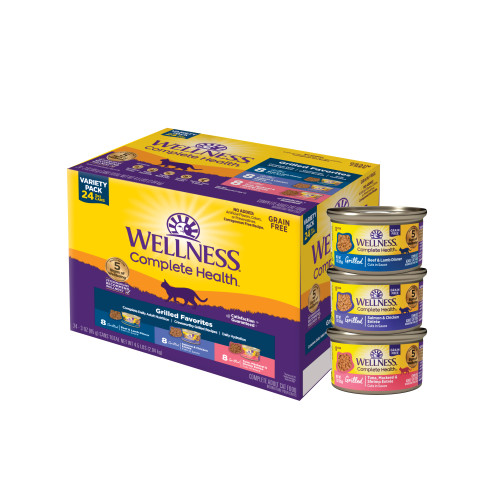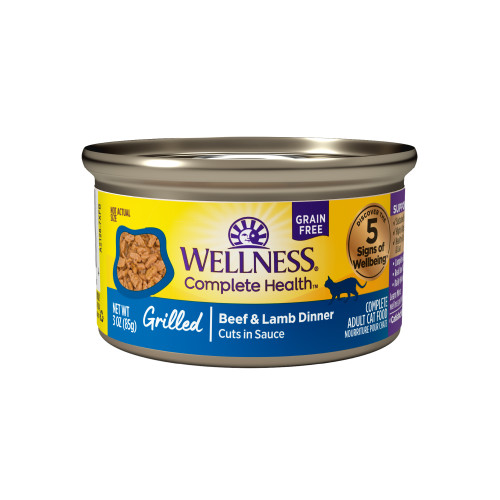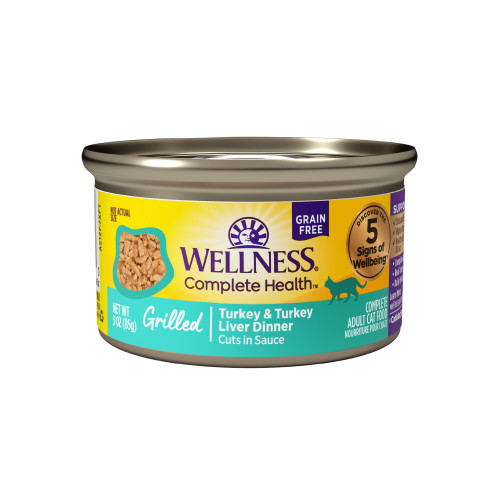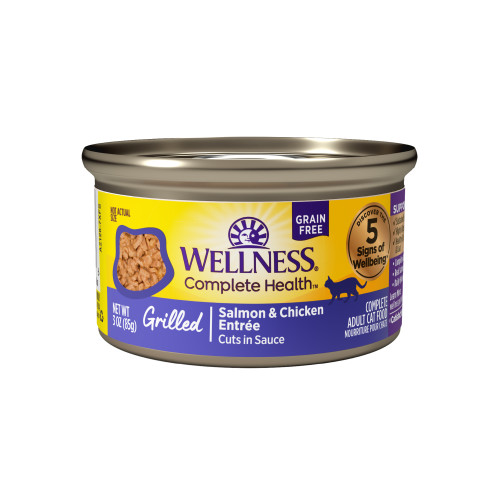June 13, 2023
Taking the Stress Out of the Fourth of July for Your Dog: The Benefits of Calmatives
The 4th of July is a celebratory time of year when many people across the country celebrate with fireworks. While this can be an exciting and enjoyable experience for us humans, it can be a very stressful and frightening experience for dogs. Dogs have a heightened sense of hearing, so the loud noises from fireworks can be particularly distressing for them.
Common signs of stress and anxiety in dogs include excessive barking, destructive chewing or digging, panting, trembling or shaking, pacing or restlessness, avoidance of eye contact, and repetitive behaviors like licking or biting. It is always good to talk to your pet’s veterinarian if your pup is demonstrating any of these behaviors as they will be able to advise you best as to if this is anxieties or potentially something more serious. In mild cases, these anxieties may be addressed with a natural calmative supplementation in conjunction with behavior modification. In cases of severe symptoms or dogs exhibiting harmful behaviors or aggression, additional treatments by a veterinarian or certified canine behavioralist may be in order.
One way to help dogs cope with the anxiety of fireworks or other stressful situations is by using calmative supplements and behavioral modification. Calmative supplements like Wellness Calm Support Chews help to reduce anxiety and promote relaxation in dogs.. These supplements are made from natural and scientifically proven ingredients and are often less potent than prescription or over-the-counter medications but can still be helpful for dogs with mild anxiety.
For any canine supplement, it is recommended that you look for several qualities before trying it. First look for:
- National Animal Supplement Councils’ (NASC) seal ensures that you are purchasing a product that has successfully passed third-party audits and the company maintains rigorous ongoing compliance with strict standards for sourcing and product quality.
- Veterinary recommended. Provides assurance that veterinarians have reviewed the ingredients and scientific details of the supplements giving you confidence that it is effective.
Finally, look for ingredients that have demonstrated safety and efficacy for creating calmness or reducing anxiety in dogs. Some examples are:
- L-theanine – an amino acid that promotes the feeling of relaxation by increasing gamma-aminobutyric acid (GABA) along with serotonin and dopamine levels in the brain.1
- Tryptophan – an amino acid that helps to produce serotonin, the ‘happy hormone’. This supplement has been demonstrated in several studies to reduce signs of anxiety in dogs.2
- Gamma-Aminobutyric Acid (GABA) – the primary inhibitory neurotransmitter in the brain that tells the brain to slow down and relaxes the nervous system.3
- Chamomile – an herb with a mild calming effect by relaxing muscles and reducing blood pressure that has demonstrated beneficial results in reducing anxiety and stress in humans and animals.4
- Ginger Root – an herb that calms the stomach that may become upset in times of stress.
- Valerian Root – an herb that is calming, its exact mechanism is unknown, but it is thought to block neurotransmitters that stimulate activity.5
- Magnesium (Magnesium Citrate) – a mineral that promotes muscle relaxation.
- Probiotics – studies are demonstrating that an unhealthy microbiome can lead to increased aggression and unwanted behaviors.6 Supplementing with a probiotic can help restore a healthy balance in the microbiome.
As with most herbal supplements, effects are rarely immediate, and for best results, calmative supplements should be started at a minimum of 30 min prior to a stressful event. However, for best results and especially leading up to a predictable event like the 4th of July, starting daily supplementation days (sometimes weeks) beforehand is recommended to best help your pups anxiety.
When using calmatives for dogs, it is important to only use products that are specifically designed for dogs and to follow the dosage instructions carefully. It is also important to consult with a veterinarian before giving any medications or supplements to your dog, as some may interact with other medications or have side effects.
In addition to using calmatives, there are several other steps you can take to help your dog cope with the stress of fireworks. These include:
1. Providing a Safe Space: Create a safe, comfortable space for your dog to retreat to during fireworks. This could be a crate, a room, or a designated area in your home.
2. Playing Soothing Music: Playing calming music can help to drown out the sound of fireworks and promote relaxation in your dog.
3. Using Distraction: Providing your dog with toys or treats can help to distract them from the noise of fireworks and keep them occupied. A dental treat like WHIMZESS by Wellness Brushzees not only helps keep tartar, plaque and bad breath at bay, they also last 3x longer versus a leading competitor.
4. Providing Comfort: Dog-specific compression wraps/blankets use gentle compression like a whole-body hug to provide comfort for some pets and reduce anxiety about thunderstorms and fireworks.
As you gear up for the holiday with friends, family and your furry companions, consider introducing a calmative supplement as a helpful tool for helping your dog cope with the stress of fireworks on the 4th of July, and take into consideration using them in conjunction with other strategies, such as providing a safe space and using distraction. By taking these steps, you can help your dog feel more comfortable during this time of year.
*Hemp is not included in Wellness supplements as the long-term safety and efficacy of this treatment have not been demonstrated in dogs.
References
- Pike, Amy L., Debra F. Horwitz, and Heidi Lobprise. “An open-label prospective study of the use of l-theanine (Anxitane) in storm-sensitive client-owned dogs.” Journal of Veterinary Behavior 10.4 (2015): 324-331.
- Dipace, Valeria. “Tryptophan effect on dog behavior: a review.” Dog behavior 1.3 (2015): 23-31.
- Uetake, Katsuji, et al. “Calming effect of orally administered γ‐aminobutyric acid in Shih Tzu dogs.” Animal Science Journal 83.12 (2012): 796-798.
- Alex, Anitha, and Ajay Srivastava. “Nutraceuticals for calming and stress.” Nutraceuticals in veterinary medicine (2019): 417-425.
- Hattesohl, Miguel, et al. “Extracts of Valeriana officinalis L. sl show anxiolytic and antidepressant effects but neither sedative nor myorelaxant properties.” Phytomedicine 15.1-2 (2008): 2-15.
- Mondo, E., et al. “Gut microbiome structure and adrenocortical activity in dogs with aggressive and phobic behavioral disorders.” Heliyon 6.1 (2020): e03311.





